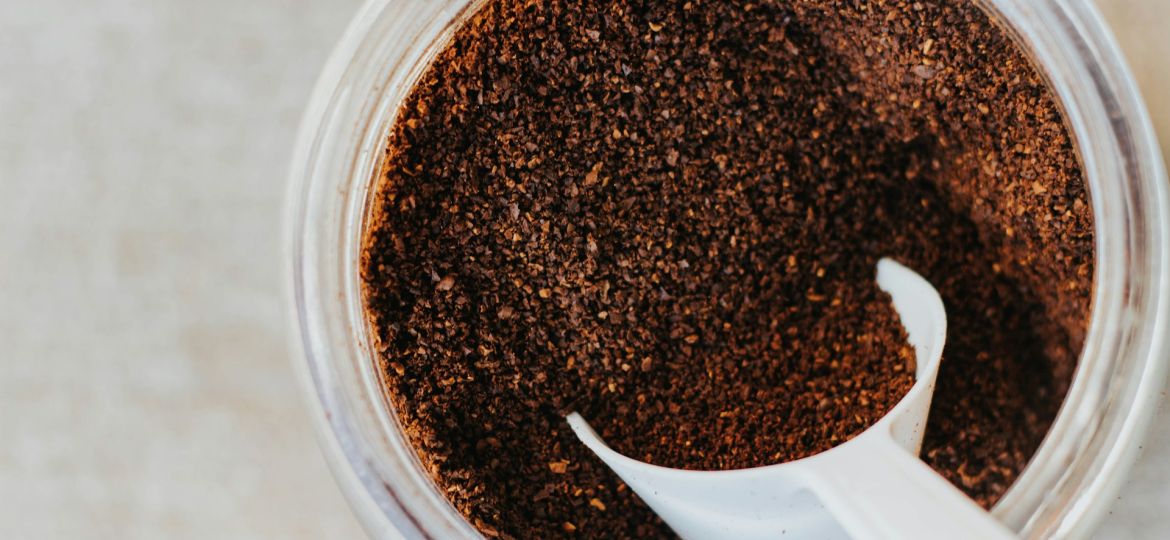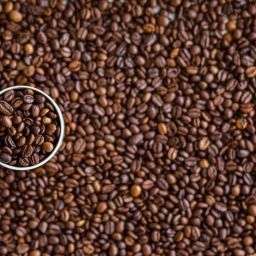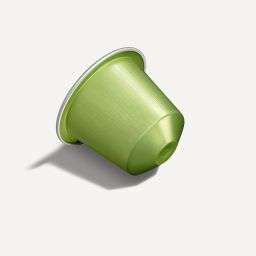
In the world of coffee enthusiasts, a frequently asked question is about the usability of expired coffee grounds. Many wonder if that bag of coffee they found at the back of their cupboard, long past its “best by” date, can still be used to brew a decent cup of joe. The curiosity stems from not wanting to waste potentially usable coffee and understanding the implications on taste and health. This article aims to shed light on whether expired coffee grounds can still make your morning brew or if they’re better off in the compost pile.
Can You Use Expired Coffee Grounds?
The simple answer is yes, you can use expired coffee grounds without worrying about health risks. Coffee, being a dry product, doesn’t harbor bacteria or mold easily, especially if it’s been stored properly. However, the catch is in the quality of the coffee you’ll get. Over time, coffee grounds lose their essential oils and aromatic compounds, leading to a less flavorful and more stale cup of coffee. This doesn’t mean the coffee will harm you, but the sensory experience won’t match that of freshly ground beans.
Key Takeaways
- Coffee Grounds’ Longevity: While coffee grounds won’t spoil in the traditional sense, their quality and taste deteriorate over time. Properly stored, they can last beyond their expiration date but expect a decline in the vibrancy of flavor and aroma.
- Importance of Storage: The shelf life of coffee grounds can be extended with proper storage. Keeping them in an airtight, opaque container away from direct light and temperature changes helps preserve their quality for longer.
- Alternative Uses: Don’t toss out your expired coffee grounds just yet! They can be repurposed for gardening, as a natural deodorizer, or even in skincare routines. While they might not make the best cup of coffee, expired grounds still have plenty of usefulness around the house.
Understanding Coffee Grounds Expiration
Ever wonder why that old bag of coffee didn’t pack the same punch as a freshly opened one? The science behind the expiration of coffee grounds involves a dance of chemistry and environment, impacting the quality long before they become a health risk.
Oxidation is the primary culprit here. Just like iron rusting, coffee grounds undergo a similar process when exposed to oxygen. This reaction begins the moment coffee beans are ground, increasing the surface area exposed to air and speeding up flavor degradation.
Moisture also plays a villainous role. Coffee is hygroscopic, meaning it loves to absorb moisture from its surroundings. This not only accelerates oxidation but can also invite unwanted mold and bacteria if conditions are right.
Light and temperature join the fray, further accelerating the loss of those precious aromatic compounds and oils that give coffee its signature flavor and aroma. Bright, warm spots can make your coffee stale faster, which is why storing coffee properly is so crucial.
Understanding these factors can help you prolong the life of your coffee, ensuring that each cup is as delicious as possible, for as long as possible.
Signs of Spoilage in Coffee Grounds
Identifying expired coffee grounds isn’t always straightforward, as they don’t spoil in the traditional sense. However, a few signs can indicate it’s time to bid farewell to your old friend:
- Aroma: The first and most noticeable sign will be a lack of that rich, inviting smell. Fresh coffee is potent and aromatic, while expired coffee’s aroma fades, becoming bland and lifeless.
- Appearance: While more subtle, changes in the appearance of coffee grounds can also indicate aging. They may lose their vibrant, dark color, becoming dull and dry. Fresh coffee should be slightly shiny from oils; old coffee looks matte.
- Mold: Though not common, improper storage (especially in humid conditions) can lead to mold growth. If you see any signs of mold or if the grounds clump together unusually, it’s time to toss them.
Proper Storage Techniques
Storing your coffee grounds properly is like guarding a treasure trove of flavor and aroma. Here’s how to keep that treasure safe and sound:
- Airtight Containers: Oxygen is coffee’s nemesis. Opt for opaque, airtight containers to keep the air out and the flavors in. Materials like glass, ceramic, or metal with a good seal can make all the difference.
- Cool, Dark Places: Heat and light are the unwanted guests at the coffee party. Store your coffee in a cool, dark cupboard or pantry away from any direct sunlight or heat sources, like stoves or the oven.
- Freezer Storage? Think Twice: While freezing coffee grounds can prolong their shelf life, it’s a contentious topic. If you go this route, ensure it’s in a vacuum-sealed bag to prevent moisture and freezer smells from seeping in. Only freeze what you won’t use within a month, as frequent thawing and refreezing can degrade quality.
Following these tips can significantly extend the shelf life and preserve the quality of your coffee grounds, ensuring that each cup is as delightful as the last.
Impact of Expiration on Coffee Quality
When coffee grounds “expire,” they don’t spoil like food but they do lose their spark. This deterioration impacts not just the flavor but also the very essence of what makes coffee enjoyable:
Flavor Fade: Expired coffee grounds result in a brew that’s flat and uninspiring. The rich, robust flavors give way to a more bland and lifeless taste. You might notice that the coffee lacks its usual depth, with the subtle notes and unique characteristics of its origin becoming muted.
Aroma Away: A significant part of coffee’s allure is its aroma, which begins to dissipate once the grounds are past their prime. That intoxicating smell that fills the room when brewing fresh coffee becomes weaker and less distinctive. Instead of invigorating, the scent might barely register.
Creative Uses for Expired Coffee Grounds
Even when your coffee grounds have passed their prime for brewing, they still hold value in other ways. Here are some innovative ways to give them a second life:
In the Garden: Coffee grounds are a boon for gardeners. They can be added to compost for a nitrogen boost or used directly in soil as a fertilizer for plants that thrive in acidic conditions.
Odor Neutralizer: Place a bowl of dried, expired coffee grounds in your refrigerator or freezer to neutralize odors. They’re also great for freshening up smelly shoes!
Skincare: Coffee grounds can be repurposed into a natural exfoliating scrub. Mix them with a bit of coconut oil for a skin-friendly scrub that leaves your skin feeling smooth and rejuvenated.
FAQs
Is it safe to consume expired coffee grounds? Yes, using expired coffee grounds to brew coffee is safe, but the taste and aroma might be less enjoyable compared to fresh coffee.
How long do coffee grounds last after expiration? Properly stored coffee grounds can last for months beyond their expiration date without posing health risks, though their flavor quality will degrade over time.
What are signs of bad coffee grounds? Bad coffee grounds might have a mildewy smell, mold growth, or a noticeably stale aroma. If your coffee grounds have any visible mold or an off smell, it’s best to discard them.
Final Thoughts
Expired coffee grounds may not make the best cup of coffee due to the loss of flavor and aroma over time, but they’re far from useless. Whether it’s enriching your garden soil, neutralizing odors, or pampering your skin, these grounds still have plenty to offer. Remember, proper storage can extend their life, preserving the quality of your coffee for as long as possible. So, before you toss out that old coffee, consider the various ways it can still be put to good use.








